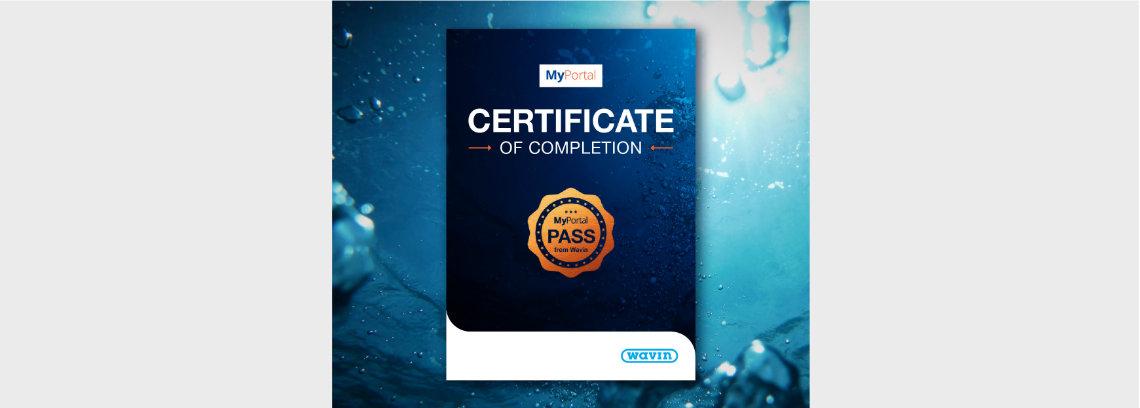Design & Construction Guidance for foul & surface water sewers
CPD | 15 | Beginner

Preview
Design and Construction Guidance for foul and surface water sewers
Introduction
Complete our new e-learning module to get up to date with key changes in the latest mandatory Design and Construction Guidance (DCG) for adoptable foul and surface water sewers that came into effect in April 2020. This guidance is for use by developers when planning, designing and constructing foul and surface water drainage systems intended for adoption under a section 104 agreement.
This training module will get you up to date with key changes in the latest mandatory Design and Construction Guidance (DCG) for adoptable foul and surface water sewers that came into effect in April 2020. This guidance is for use by developers when planning, designing and constructing foul and surface water drainage systems intended for adoption under a section 104 agreement.
Chapters:
Chapter 1 - pipes
This chapter will cover how the new Design and Construction Guidance applies to pipes and their use as part of foul and surface water drainage systems intended for adoption under a section 104 agreement.
Chapter 2 – Inspection chambers
There are also some changes affecting inspection chambers which are highlighted in this chapter. These changes regarding specification are small but important.
Chapter 3 – surface water
The changes to surface water are some of the most significant changes in the new code. Chapter 3 explains what these changes are and their implications for adoption of surface water components by WASCs.
Chapter 4 – Geo cellular tanks
As part of the new code geo-cellular tanks are now included as adoptable assets. This chapter discusses the key requirements and the six criteria that a developer will need to comply with in order for it to be adopted by the water company.
Chapter 5 – links
In this chapter you will find some useful links to find further information on the new code.
Assessment
Complete the assessment to check your understanding of the content covered in this module
